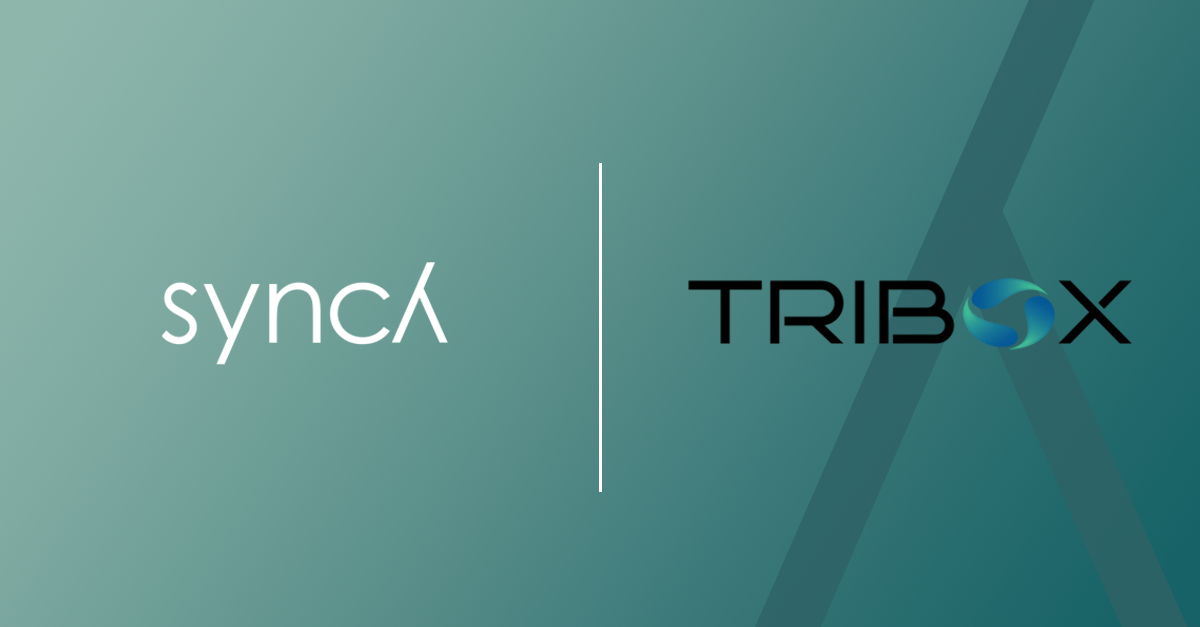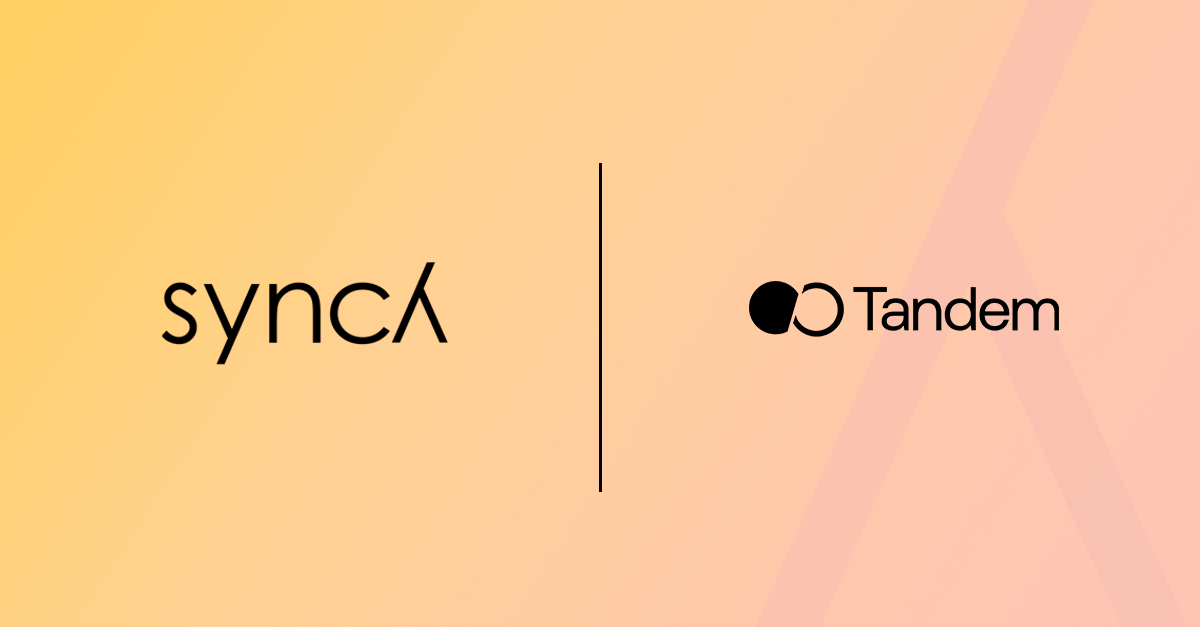In the budget bill for 2022, the Swedish government proposes amendments to the regulations on taxation of employee stock options. The proposal eases the fiscal burden for some young businesses which means that more companies can take advantage of the benefits with tax exempt qualified employee stock options. The new rules are proposed to enter into force on 1 January 2022.
As of today, employee stock options have not been taxed as income of employment if certain requirements of the issuing company, and the employee, have been met. These so called qualified employee stock options are viewed as a favourable incentive program as taxation only occurs on the sales profit (if any). The exemption has however not had the effects intended as many companies fail to meet the requirements for the implementation of the qualified employee stock options. With the proposed amendments to the exemption, the government aims to include more companies and thereby help young businesses attract and retain key personnel.
For a company to be able to issue employee stock options that are exempt from taxation as income of employment, the Swedish Income Tax Act (1999:1229) sets out several requirements that need to be met. These include limitations regarding the company’s yearly net turnover or balance sheet total and the number of employees in the company. Not all types of businesses can implement the tax exempt employee stock options either, for instance, companies within the real estate, financial instruments, banking and accounting businesses are excluded and the exemption is generally a better fit for tech start-ups and scale-ups.
The new proposal, if approved, would mean that the requirements regarding the company issuing the employee qualified stock options and the employee receiving the qualified employee stock options are expanded to include more companies. A few examples are the number of employees allowed in the company which are raised from 50 to 150, calculated as the average number om employees and owners in the company, and the limitations regarding the company’s net turnover or balance sheet total per year is raised from SEK 80 to 280 million (with some qualifications). The new exemption will also include the possibility to issue qualified employee stock options to board members and deputy board members.
In addition to the extension of the requirements, a new provision is included in the proposal stating that qualified employee stock options may be exercised for the acquisition of a share or a warrant that gives the holder a right to acquire a share. This change is in line with an earlier court decision from the Supreme Administrative Court’s (HFD 2020 ref. 39). Furthermore, it’s proposed that qualified employee stock options may be issued to acquire shares or warrants that give the holder a right to acquire a share in another company within the same group. In practice, this means that it would be possible for, for example, a mother company to issue qualified employee stock options that may be exercised to acquire shares in a daughter company in which the employee is employed.
In summary, the new proposal provides increased opportunities for companies to issue qualified employee stock options, although debate on whether the exemption should be even more inclusive continues. We at Synch follow the legal development with interest. If you have any questions or are interested in setting up your own incentive program, you are welcome to contact us at contact@synchlaw.se
About us
Synch is a law firm focusing on digital business and technology. Synch offers a flexible delivery model where Digital Services complement the company’s services within Advisory Services, Projects & Transaction Services and Managed Services.
By Kerstin Lohi









